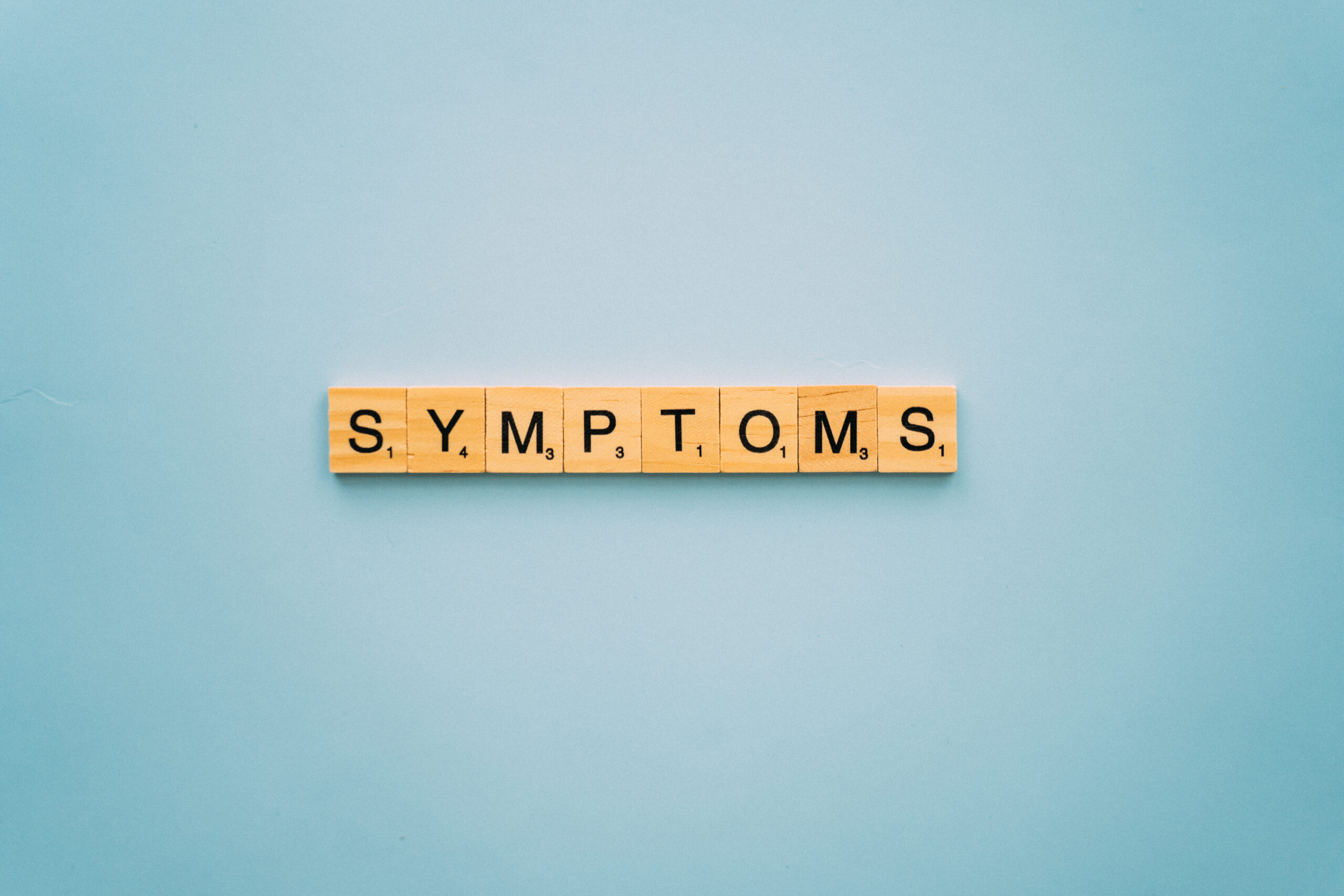What are the symptoms of a thyroid nodule?
Title: Understanding Thyroid Nodules: Spotting the Symptoms
Introduction:Thyroid nodules are a common health concern that affects millions of people worldwide. These small growths on the thyroid gland can vary in size and composition, with the majority being harmless. However, in certain cases, thyroid nodules may cause significant health issues. Hence, it becomes crucial to identify the symptoms associated with thyroid nodules for timely diagnosis and treatment.
Common Symptoms of Thyroid Nodules:1. Visible or Palpable Lump: One of the primary indicators of a thyroid nodule is the presence of a small lump or swelling at the base of the neck. In some cases, these nodules might be noticeable, while others may require gentle palpation to detect. However, it’s important to note that not all thyroid nodules can be felt, especially if they are small or deeply embedded within the thyroid tissue.
2. Neck Discomfort or Pain: Thyroid nodules can sometimes cause discomfort or pain in the neck area. Individuals may experience a sensation of pressure, fullness, or tenderness in the front of the neck, which can be intensified while swallowing or turning the head. This discomfort can vary in severity depending on the size and location of the nodule.
3. Changes in Voice: Some individuals with thyroid nodules may notice changes in their voice quality. The presence of a nodule can put pressure on the vocal cords or the surrounding structures, leading to hoarseness or voice changes. This symptom is particularly noticeable when the nodule grows in size or presses against the nearby nerves.
4. Swallowing and Breathing Difficulties: In certain cases, thyroid nodules can grow large enough to cause swallowing difficulties, also known as dysphagia. This can make it challenging to swallow solid foods or even liquids. Breathing difficulties, such as shortness of breath, may also occur if the nodule compresses the airway.
5. Hormonal Imbalances: Some thyroid nodules can disrupt the normal production and release of thyroid hormones, leading to imbalances. This can result in symptoms such as unexplained weight changes, fatigue, increased sensitivity to cold or heat, irregular menstrual periods, and changes in heart rate.
It’s important to remember that while these symptoms are associated with thyroid nodules, they can also be caused by other medical conditions. Therefore, it is crucial to consult a healthcare professional for a proper diagnosis and appropriate treatment.
Conclusion:Being aware of the symptoms associated with thyroid nodules can help individuals seek medical attention promptly. If you notice any unusual changes or experience persistent discomfort in your neck area, it’s advisable to consult with a healthcare provider. Timely diagnosis and appropriate treatment can help manage thyroid nodules effectively, ensuring optimal thyroid health and overall well-being.



